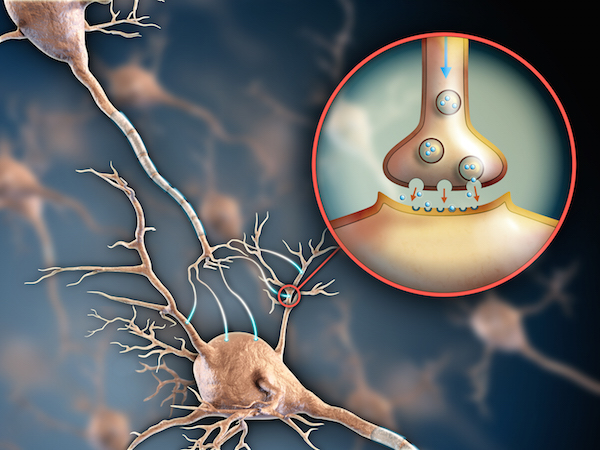
TUESDAY, Dec. 16, 2014 (HealthDay News) — Greater participation in music classes may benefit children’s language development, a new study finds.
Researchers followed kids in the nonprofit Harmony Project, which provides music education and instruments to poor children in Los Angeles.
Over two years, children who actively participated in the classes showed larger improvements in how the brain processes speech and reading, compared to those with lower levels of participation.
Also, the benefits of active participation in music classes occurred in the same areas of the brain that are traditionally weak in children from poor families, according to the study published online Dec. 16 in the journal Frontiers in Psychology.
“Even in a group of highly motivated students, small variations in music engagement — attendance and class participation — predicted the strength of neural processing after music training,” lead author Nina Kraus, professor of communication sciences and of neurobiology and physiology at Northwestern University, said in a university news release.
“Our results support the importance of active experience and meaningful engagement with sound to stimulate changes in the brain,” she added.
Participating in music classes can actually “remodel” a child’s brain in a way that improves the ability to process speech, an ability that’s closely linked to reading, according to researchers. The study finding is important for children from poor families, who process sound less efficiently. This increases the risk that they’ll do poorly in school, Kraus said.
“What we do and how we engage with sound has an effect on our nervous system,” she said. “Spending time learning to play a musical instrument can have a profound effect on how your nervous system works.”
More information
Neuroscience for Kids has more about music and the brain.
Copyright © 2026 HealthDay. All rights reserved.

